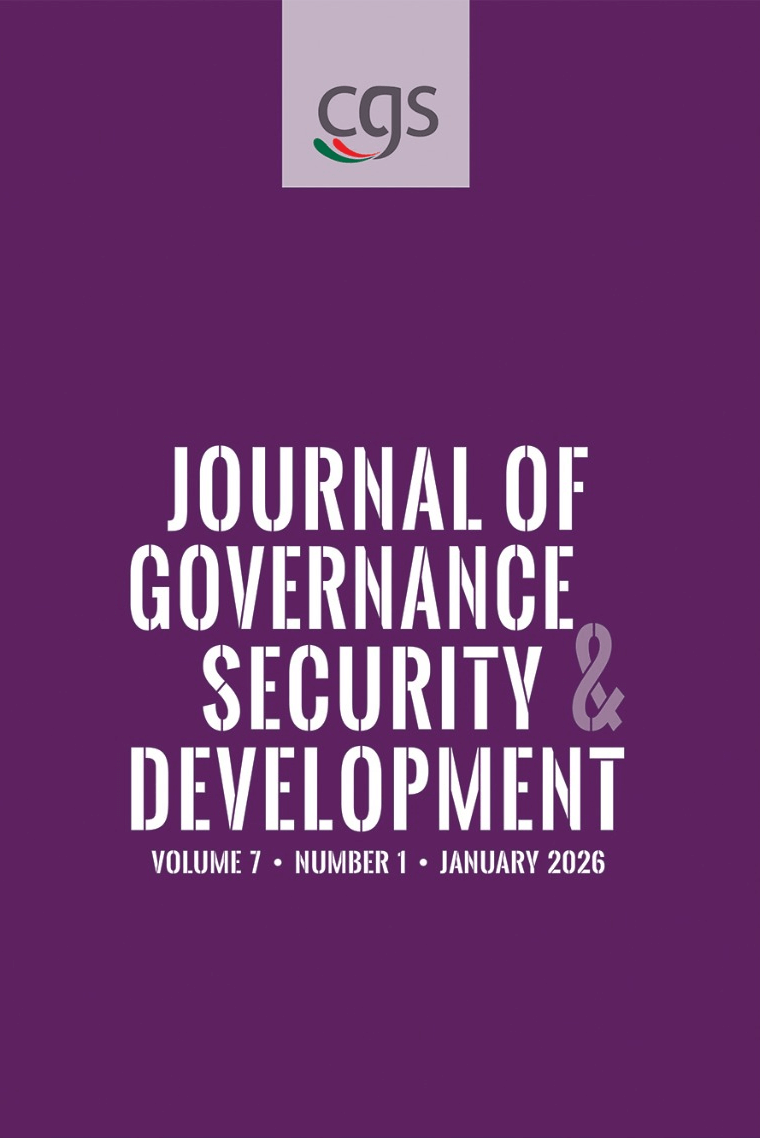Journal Abstract
Volume 6 | Number 1-2
Online Version: ISSN No: 2708-2490
Print Version: ISSN No: 2709-0590
Price: BDT: 750.00, USD: 25.00
Publish Date: 01, July 2025
Article:
Atiqur Rahman, Mostakim Bin Motaher and Sabiha Sultana
Abstract
Digital platforms have evolved from simple communication tools into powerful forces driving political change, with their impact felt most intensely in repressive regimes, where they reshape public opinion and mobilize political participation in unprecedented ways. This study critically examines digital activism during Bangladesh's July 2024 Movement, focusing on how algorithmic curation, user-generated content (UGC), and peer influence interact to shape political engagement. Drawing on Media Ecology Theory, Social Cognitive Theory, and Network Theory, the research provides an integrated framework to explore these dynamics in a hybrid political system. A mixed-methods approach, including content analysis, surveys, and semi-structured interviews, was employed to investigate the key mechanisms through which state censorship, algorithmic manipulation, and peer networks influence political participation. Findings reveal that while digital platforms offer critical spaces for resistance and dissent, their effectiveness is constrained by state-imposed restrictions and surveillance. Despite these barriers, activists demonstrate resilience by using alternative platforms and encrypted tools to bypass censorship, with peer influence playing a pivotal role in sustaining engagement. This research advances understanding of digital resistance, offering insights into how digital tools and public opinion evolve in politically controlled environments.


